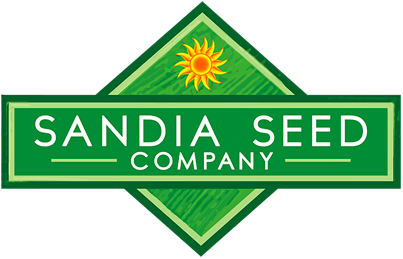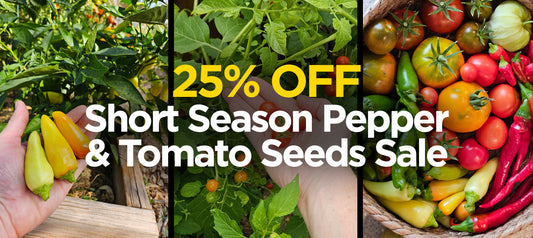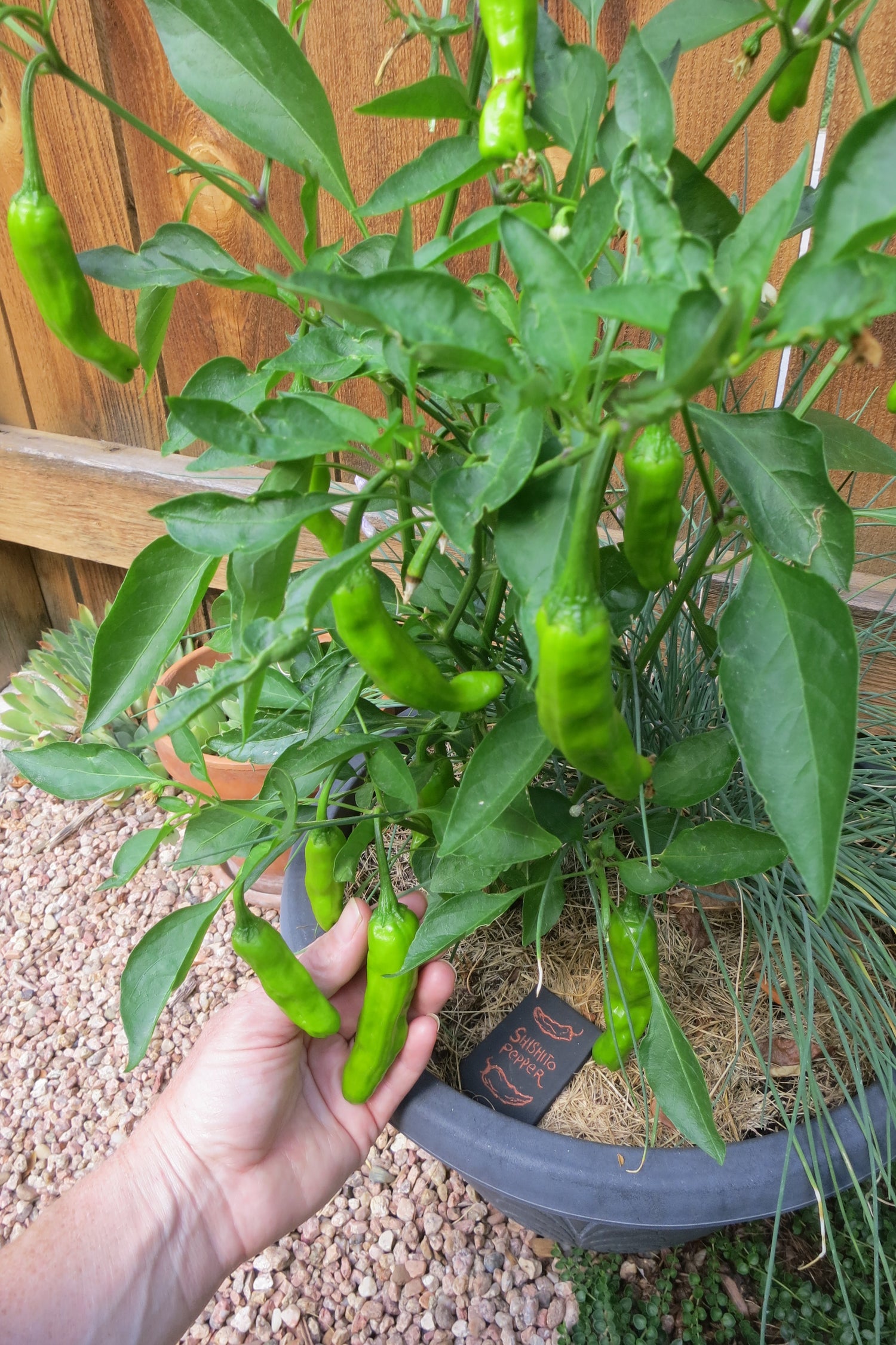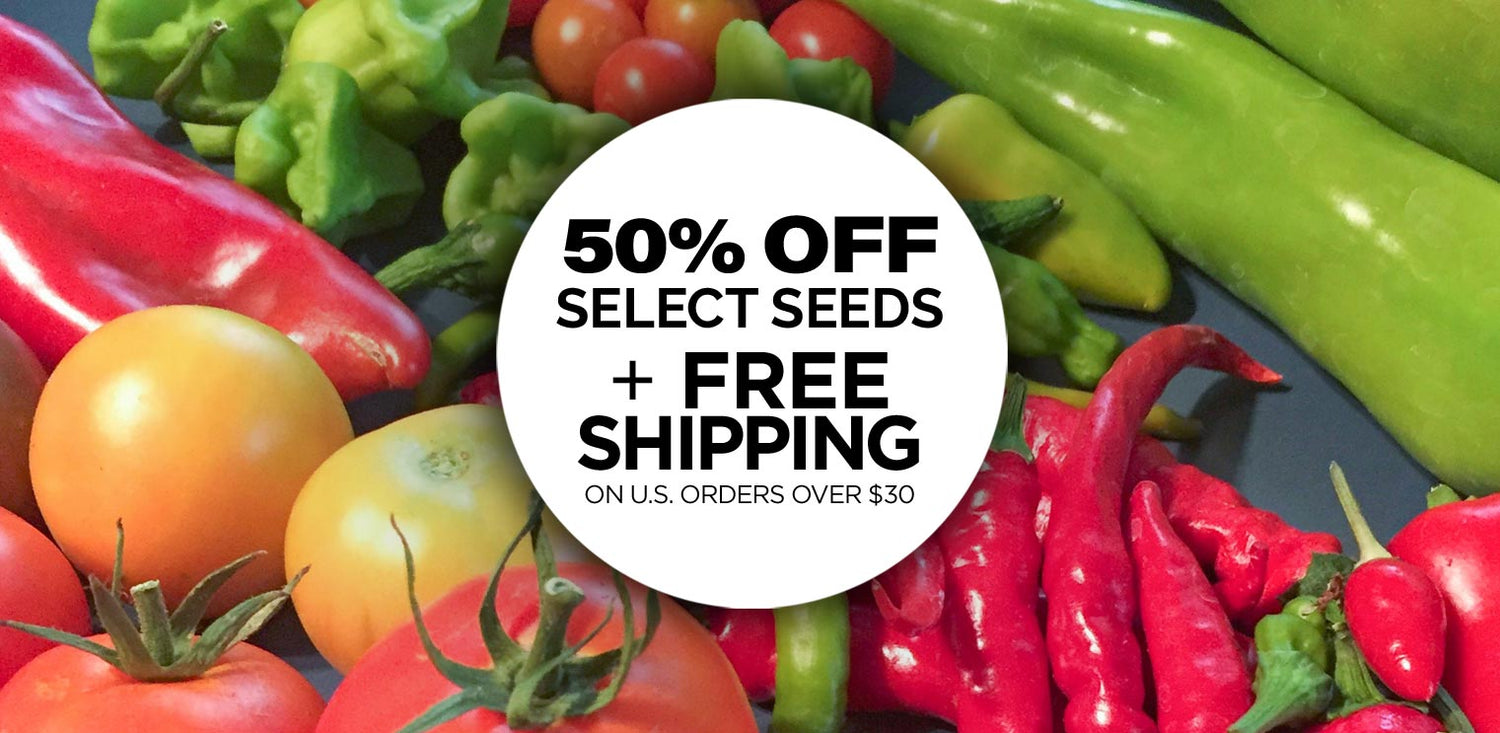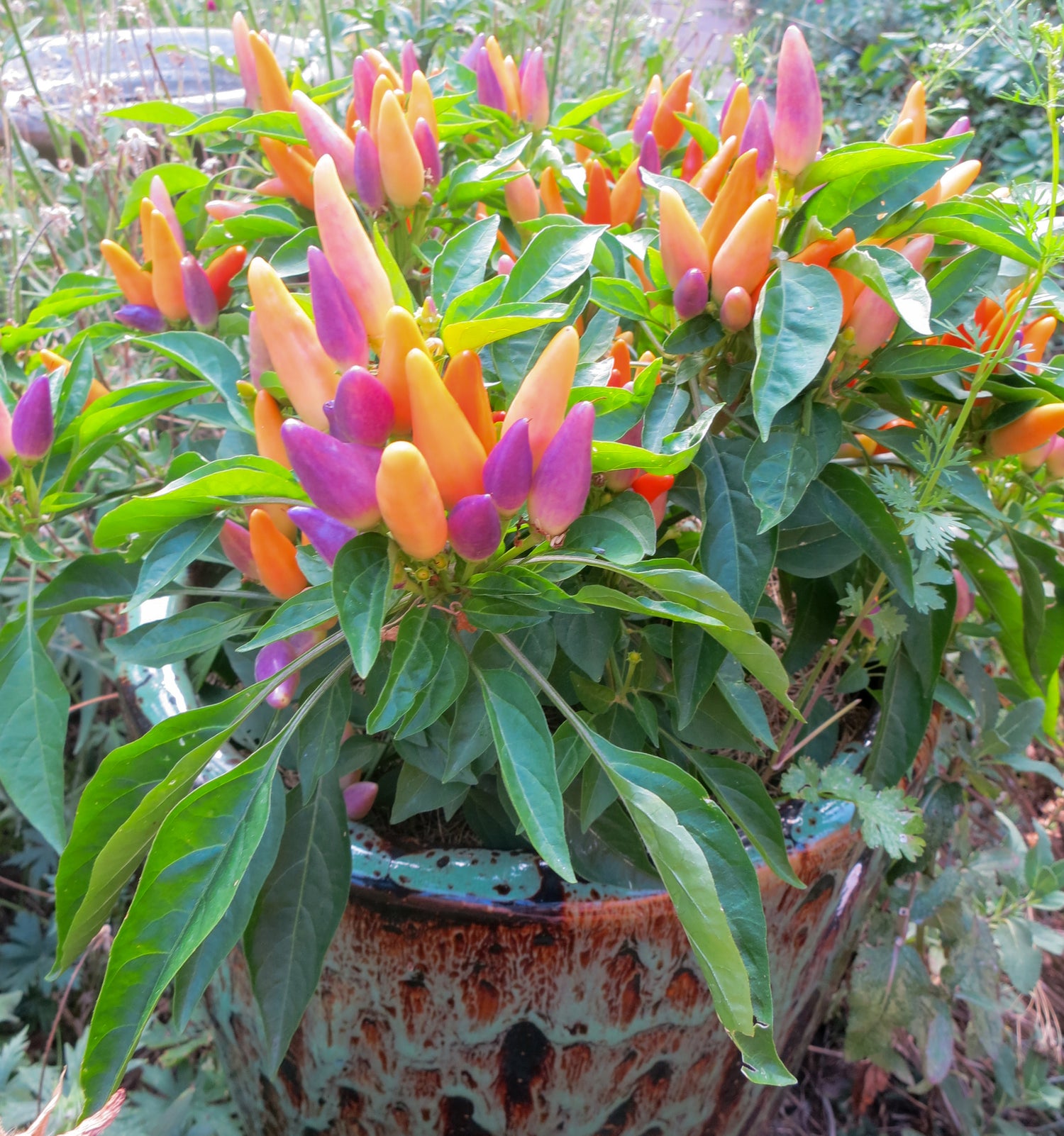Veggie plants, like tomatoes and peppers, are self-pollinating, but others such as zucchini, pumpkins, and other vine crops produce both male and female flowers on the same plant and require pollinators. Almost all flowering plants need to be pollinated and depend on bees, butterflies, and other animals for pollination.
Pollinators need our help. Biologists fear several butterfly and bumblebee species have disappeared from parts of their range, including the once common western bumble bee.
Why are pollinators in trouble?
It appears that habitat loss and pesticide poisoning account for much of the population declines. We can do our part to support pollinators by creating pollinator friendly gardens and protecting wildlife habitat.
Many of us enjoy the beauty of flowers in our backyard and community gardens. Growing native plants adds beauty and important habitats for wildlife, especially for pollinators. Even a small backyard garden can make a big difference. Gardening connects us to nature and helps us better understand how nature works.
What is pollination? ![]()
Pollination is the process of moving pollen from one flower to another of the same species, which produces fertile seeds. Almost all flowering plants need to be pollinated. Some plants are pollinated by wind or water, and some are even self-pollinating.
Why use native plants in your garden?
Pollinators have evolved with native plants, which are best adapted to the local growing season, climate, and soils. Most pollinators feed on specific plant species — hummingbirds sip nectar from long, tubular honeysuckle flowers, while green sweat bees prefer more open-faced sunflowers. Non-native plants may not provide pollinators with enough nectar or pollen, or maybe inedible to butterfly or moth caterpillars.
 Why Should We Care?
Why Should We Care?
When a bumblebee feeds on the nectar and pollen of huckleberry flowers, it pollinates the flowers, which will produce fruit eaten by songbirds, grizzly bears, and dozens of other animals, including humans. We call the bumble bee and other pollinators keystone species because they are species upon which others depend.
Pollinators are vital to maintaining healthy ecosystems. They are essential for plant reproduction, and produce genetic diversity in the plants they pollinate. The more diverse plants are, the better they can weather changes in the environment.
Best of all, pollinators such as hummingbirds, bees, and butterflies are beautiful and fascinating.
Here’s a sample of garden-hardy plants that attract pollinators:
Echinacea Purple Coneflower Seeds Echinacea purpurea

Borage Borago officinalis
Columbine Rocky Mountain Blue Seeds Aquilegia coerulea

Gaillardia Goblin Seeds Gaillardia grandiflora
Grass Little Bluestem Seeds Schizachyrium scoparium
Salvia Blue Victoria Seeds Salvia farinacea
Sunflower Lemon Queen Helianthus annuus
